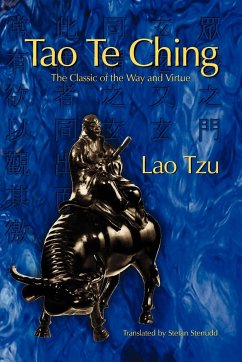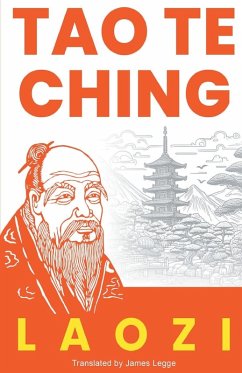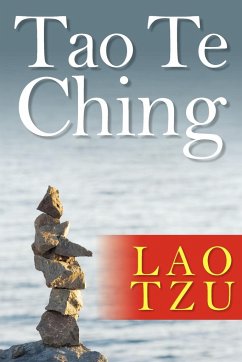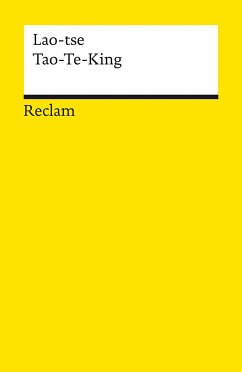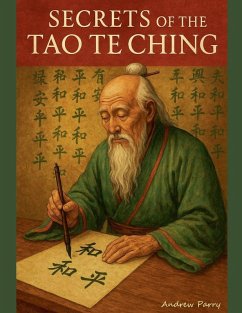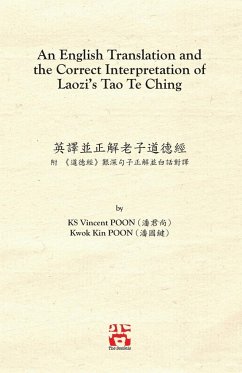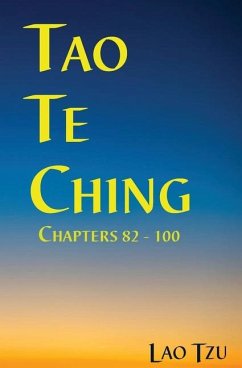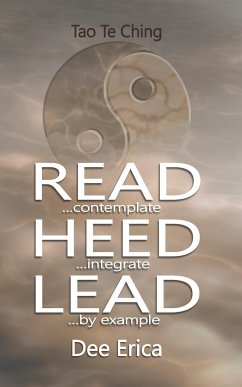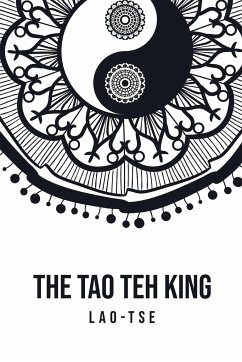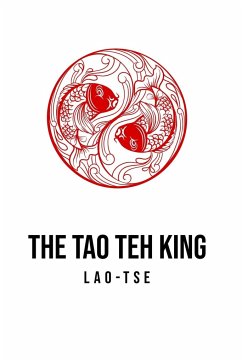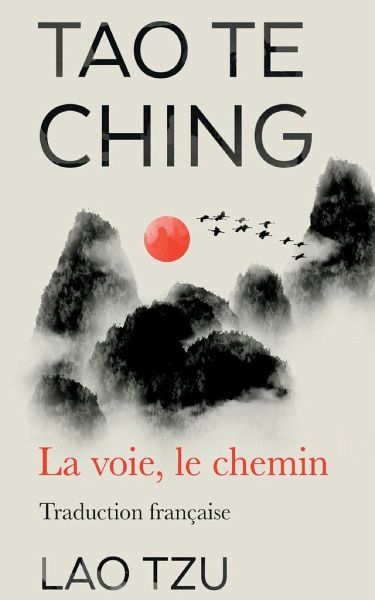
Tao Te Ching
La Voie, Le Chemin Traduction Francaise

PAYBACK Punkte
6 °P sammeln!
L'un des livres de philosophie chinoise les plus essentiels jamais écrits Le Tao Te Ching, traduit grossièrement par "la voie" ou "le chemin", est un guide pour vivre en accord avec la réalité et l'univers sans essayer de lutter à contre-courant, une voie vers la paix et le calme au milieu des défis de la vie. Lao Tseu a écrit le Tao Te Ching alors qu'il voyageait d'une ville à l'autre. Il arrivait à la fin de sa vie et le gardien du passage lui a demandé d'écrire dans un livre tout ce qu'il avait appris ou souhaitait transmettre, et c'est ce que nous avons aujourd'hui, la sagesse s...
L'un des livres de philosophie chinoise les plus essentiels jamais écrits Le Tao Te Ching, traduit grossièrement par "la voie" ou "le chemin", est un guide pour vivre en accord avec la réalité et l'univers sans essayer de lutter à contre-courant, une voie vers la paix et le calme au milieu des défis de la vie. Lao Tseu a écrit le Tao Te Ching alors qu'il voyageait d'une ville à l'autre. Il arrivait à la fin de sa vie et le gardien du passage lui a demandé d'écrire dans un livre tout ce qu'il avait appris ou souhaitait transmettre, et c'est ce que nous avons aujourd'hui, la sagesse sauvegardée d'il y a plus de 2400 ans. Découvrez où la philosophie taoïste a commencé et pourquoi elle est toujours pratiquée par des millions de personnes dans le monde entier. Ajoutez au panier, pour recevoir votre livre par la poste.





